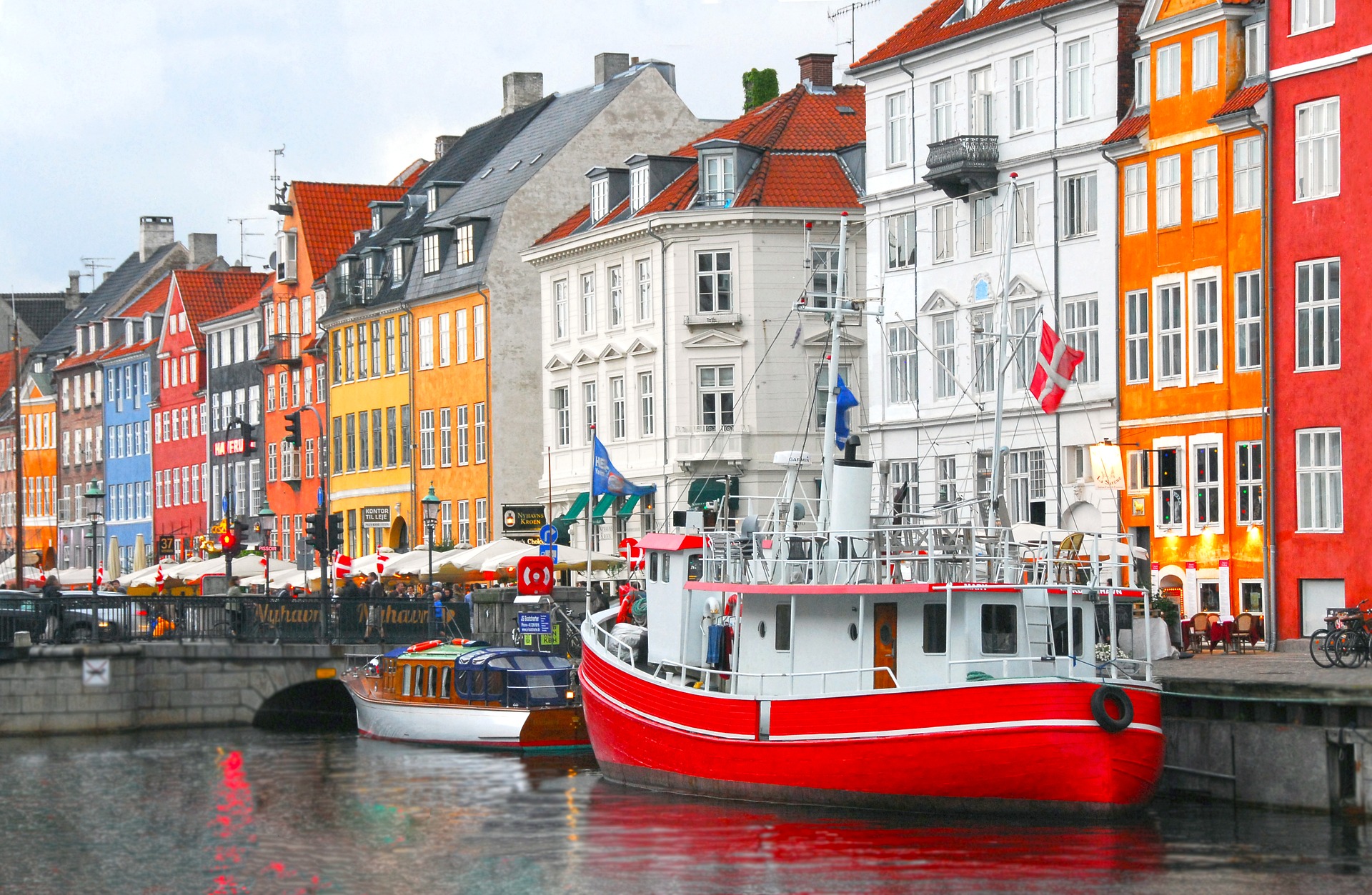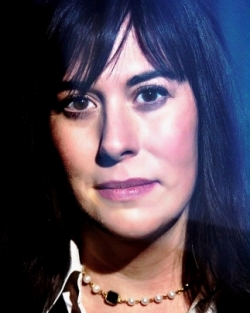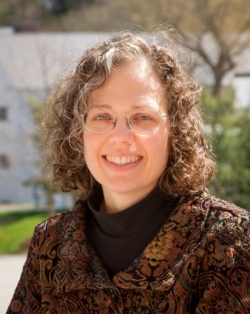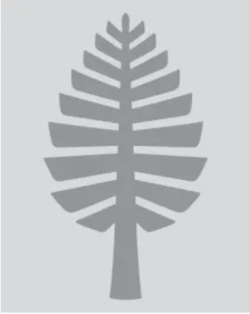Fall 2026
The application period for this program has passed.

Dartmouth students take courses in the social sciences. Scandinavia provides a unique opportunity to study and experience a country with a more open and egalitarian economic system, liberal cultural practices, extensive welfare state, and social democratic approach to organizing society.
The application process for this program is competitive, every year about 5 Dartmouth students are selected for this program. Students first apply through the Guarini Institute by the February 1st application deadline. After February 1st, faculty from the Department of Sociology will review applications and make acceptance decisions. Students will be notified of their acceptance decisions on March 1st.
Successful applicants who are accepted and commit to the program will receive a nomination from the Guarini Institute. Applying for an exchange program involves two steps: if you receive a nomination from the Guarini Institute you will also need to complete the host institution's application, which is administered and reviewed by the host institution. The host institution makes the final acceptance decision. The Guarini Institute will provide further instructions on this second step to students after they are accepted and commit to a program.
Please note: The host institution's fall semester typically requires that students arrive by late August. This can create a conflict for students who are on-campus during summer term. Students who are accepted and commit to this program must communicate with their professors well in advance of the summer term to determine whether a summer course can accommodate an early departure, and if not, to select an alternative course.
For more information about applying for this program, see our webpage on How to Apply & our FAQs under section 2 (How to Apply: Application), or contact the Guarini Institute.
 Brooke Harrington Professor of Sociology
Brooke Harrington Professor of Sociology Participants on this exchange enroll as full time students and choose from available courses they are qualified for at KU's Faculty of Social Sciences. Students normally enroll in two to four courses, and stay within KU's credit requirements. Students can transfer back courses to count toward their Dartmouth diploma.
Minimum cumulative grade-point average of 3.0.
Students generally take three courses and can choose from a variety of sociology, anthropology, government, economics and psychology courses. All courses are taught in English. No Danish language skills are required to participate in the program. More information on courses can be found on the website for the Faculty of Social Sciences.
**NOTE: If you are accepted to this exchange, you must be prepared to complete and submit all documents requested by the University of Copenhagen before June 1 or you will not be able to attend.
Students who participate on the University of Copenhagen exchange will usually live in self-serviced flats, family homes, shared or private student apartments, or dorms. The University of Copenhagen provides some guidance on applying for housing. Exchange students are normally referred to the housing service Housing Foundation Copenhagen where students then apply indepdendently to the off-campus housing of their choosing.
Students should apply for housing with the Housing Foundation as soon as possible after being accepted into the program. Because housing in Copenhagen is in short supply, it is possible that students will apply for housing and be notified about the specifics of their housing situation until only a few weeks before their departure to Denmark. Students should not expect the same level of amenities that Dartmouth offers its students in the dorms (e.g., high-speed internet access, free long distance telephone, etc.), nor should students assume that they will necessarily be living with other Dartmouth students as each student will apply independently for housing through the Housing Foundation. Housing is self-serviced, meaning that students prepare their own meals, though students can also make use of the canteens and cafes on the University of Copenhagen's campus in addition to other options all around the city.
Rental Agreements: Students will very likely be required to pay for housing for a longer period of time than they will actually be in Copenhagen. The typical rental agreement runs from mid-July through the end of January. Students can use the Housing Foundation to offer their rooms to other students for the end of the rental period (not the beginning) but Housing Foundation cannot guarantee that another student will accept the offer. For their own financial reasons the Housing Foundation must work with fixed rental periods that correspond with the University of Copenhagen's semester system, which does not coincide with Dartmouth's quarter system.
More information on practical matters and living in Copenhagen can be found on the University of Copenhagen's webpages for international students.
We encourage students to engage with their SAS advisors and program faculty/staff during the exploratory, pre-application phase to discuss how disability-related accommodations and access needs can be supported in an off-campus environment. If you currently have approved accommodations at Hanover, SAS will review them to determine which can be provided at your off-campus location and what alternatives may be needed. On-campus and off-campus accommodations may differ depending on each program location's resources and accessibility features. We recommend beginning this discussion with SAS as soon as you are accepted and no later than at least one whole quarter before your program start date.
For next steps, review the Off-Campus Program Accommodations page on the SAS website.
Dartmouth students pay tuition and service fees to Dartmouth; room and board fees as well as transportation to and from the program site are the responsibility of the student. Because the exchange is an official program sponsored by the College, Dartmouth students do not need to pay the transfer term fee that the College charges to students who study on outside programs during leave terms.
In order that all qualified Dartmouth undergraduate students may have the opportunity to take part in off-campus programs, the College endeavors to adjust its normal financial aid awards for students already receiving aid. Tuition and expected family contribution for Dartmouth's off-campus programs are the same as for an on-campus term.
All costs, including airfare and spending money, are considered when determining the cost of an off-campus program. Any costs in excess of a typical term in Hanover are met with additional Dartmouth Scholarship Funds. Loan assistance is offered to replace the employment that would normally be included in an on-campus term.
Students are responsible for purchasing their own plane ticket and, in many cases, meals. Often this means that part of the expected family contribution is used towards these costs rather than for tuition. For help sorting out who pays what and how, a visit to the Financial Aid Office is often advisable.
 Kimberly Hanchett Sociology Administrator
Kimberly Hanchett Sociology Administrator  TBD
TBD